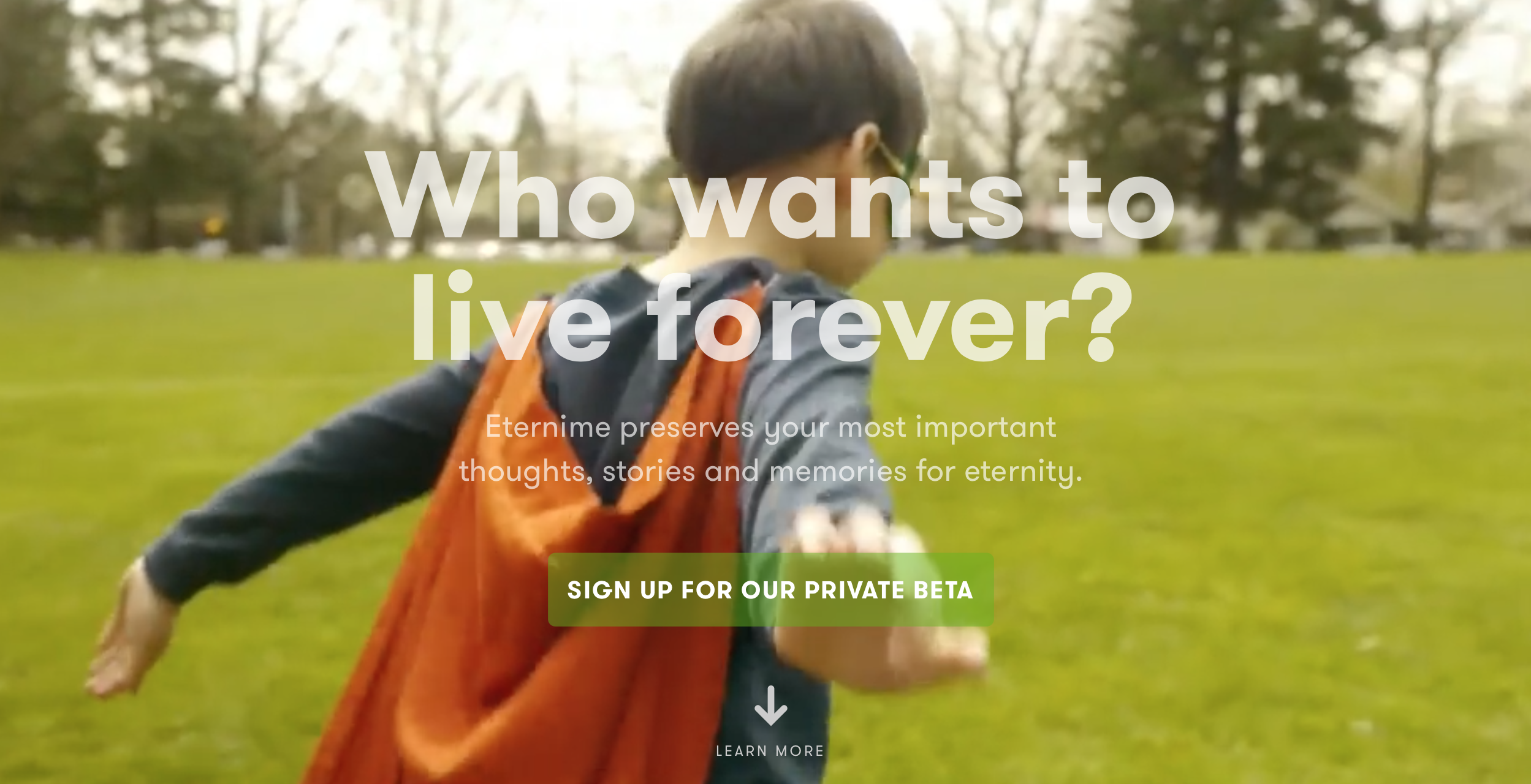This case is “an example of the new questions that science poses to the law, perhaps most of all to family law…” and “Cryonics is cryopreservation taken to its extreme.”
These were the words of Peter Jackson… but no, not the Peter Jackson who directed Lord Of The Rings, and he wasn’t talking about his latest science fiction film. They were actually spoken by a British high court judge explaining his ruling – which was then upheld – in favor of the cryogenic freezing of a 14-year-old girl who died of cancer. The girl’s mother supported her daughter’s wishes, although her father was opposed.
So why are we talking about this here, in a magazine about digital innovation? Because it has to do with digital, and it also has the indirect effect of intensifying the debate about the End of life and death, which tend to be more the remit of religion.
Digital lives: consciousness is an algorithm
Film and literature explored it first: in Transcendence, Johnny Depp continues living after death, trying to control the world with his digital avatar; in Vanilla Sky, Tom Cruise dreams of a parallel life for 400 years thanks to cryogenics; in The Correspondence
, Jeremy Irons is able to communicate with his lover even months after his death thanks to mail and automated deliveries
These stories all revolve around the same question: what is death in the digital era? When it comes down to it, physical death could be irrelevant if you only communicate with someone through social media, and know them through automatic notifications and tags from mutual “friends”. It could be irrelevant in a time when memories and hopes are quantified in gigs, variables and algorithms, and it’s even plausible that we might digitize our consciousness, actions, resentments and emotions.
Eterni.me and the digital self
Does is seem absurd? Maybe, and yet that’s how companies like Eternime are doing business. Using the “traces” left on social media during you life (your real one), they can keep your social media profile alive artificially. Absurd? Unrealistic? Well, looking at the first tests, the results are impressive… no one suspected that certain digital identities had been “dead” for some time, because they were kept active and continued interacting regularly. In this article, we’re intentionally not getting into ethical issues – we’re just looking to analyze the birth of a new digital phenomenon. But one thing should be said! We are witnessing the emergence of these new legal and ethical questions, and unprecedented debates on the theme of the end of digital life: what should we do with Facebook accounts? Twitter profiles? Email accounts of the deceased? Who should have control? Can a person write a digital will?
These are legitimate questions to pose, even if they seem ludicrous in Italy and many other countries where the question of “end of life” has still not been properly faced. Living wills, euthanasia, futile medical care… these are often nothing more than words, or at most, a set of denied rights.
Leo Mauriello
I'm characterized by a great curiosity, that drives me to achieve important goals and new challenges. I'm a web and digital marketer mainly focused on digital strategy and social advertising with design, programming and digital analyst skills.



